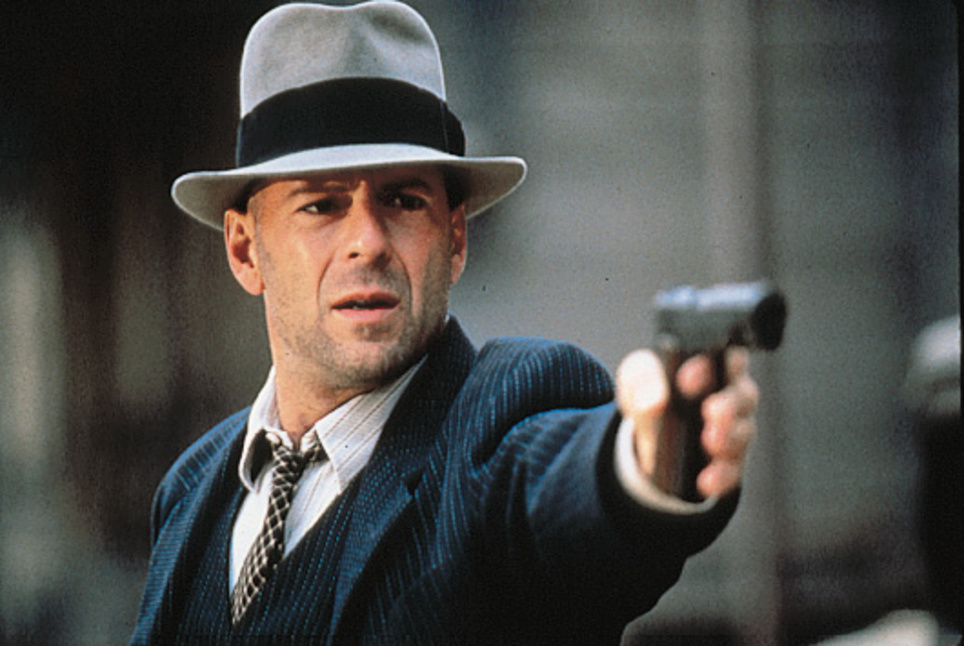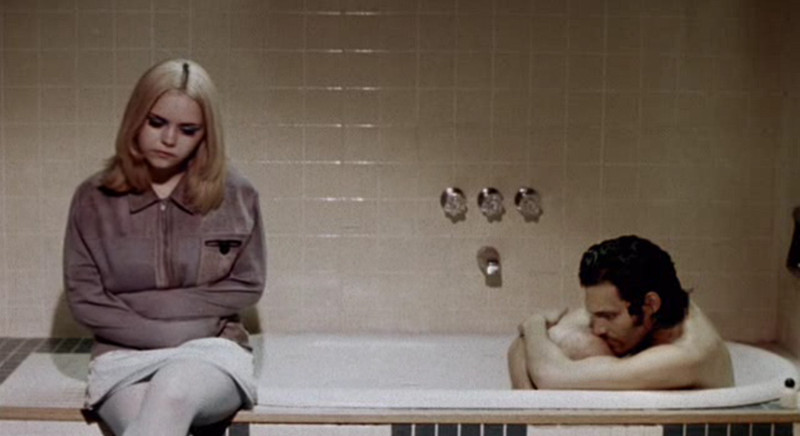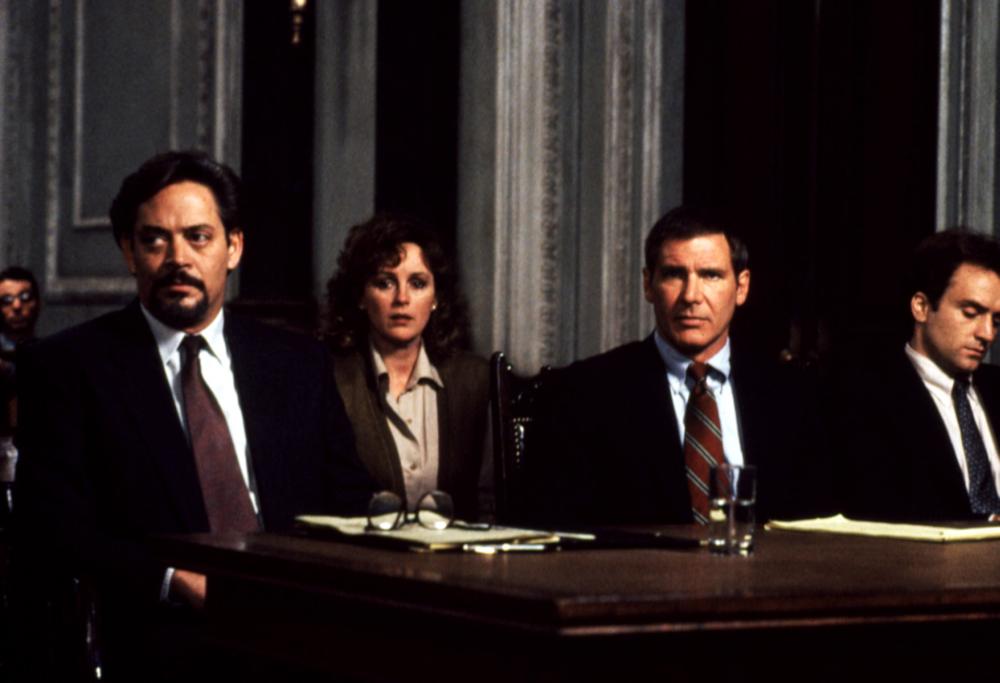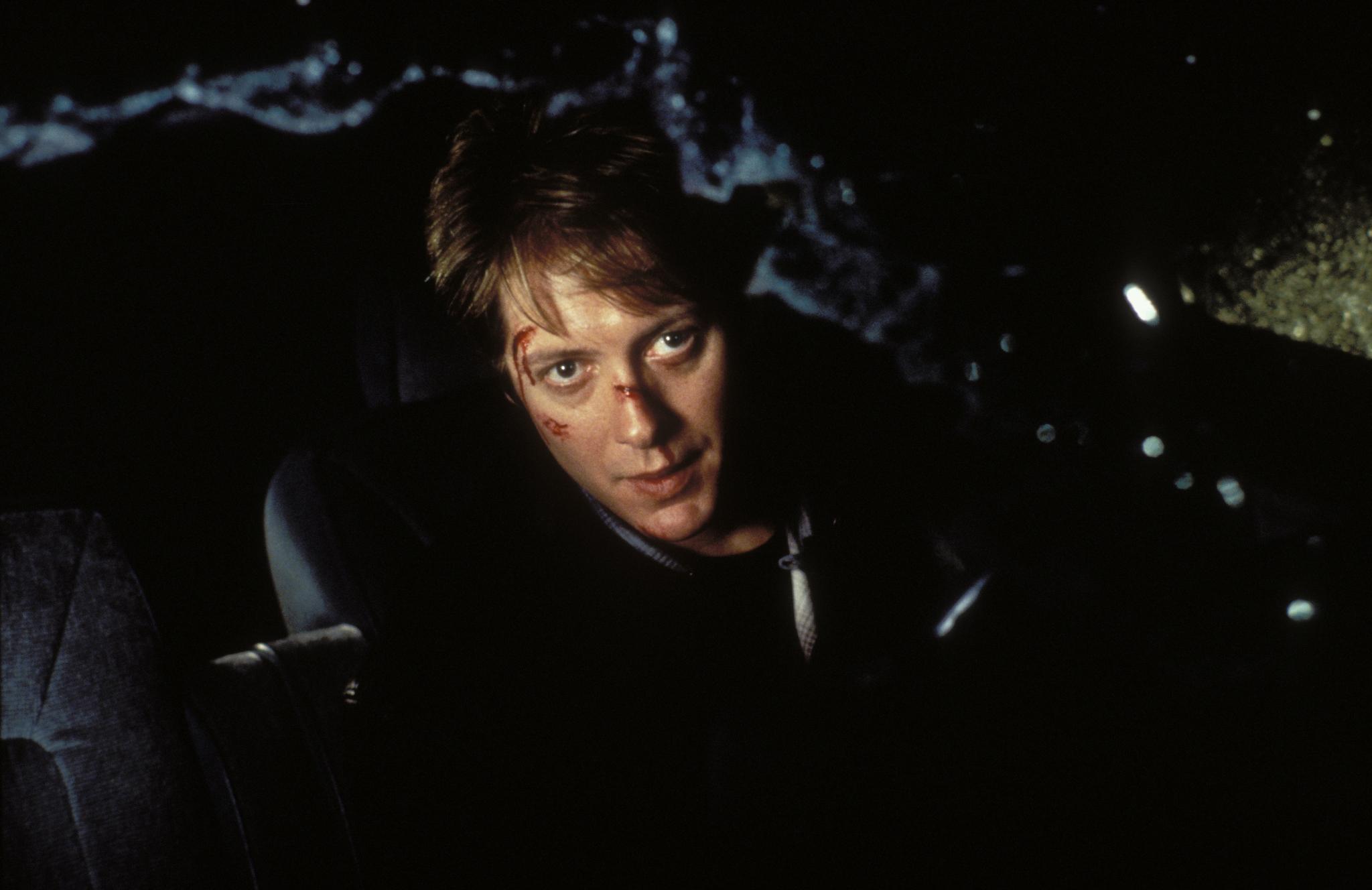5. Last Man Standing (1996, Walter Hill)

Walter Hill is the man for well crafted, masterfully directed macho films, a documentarist of the American male ego and the dark, shabby side of the country. In the 90s he produced “Last Man Standing,” an ultra-minimalistic and bone-dry remake of the western classic “A Fistful of Dollars” by Sergio Leone.
Bruce Willis plays “Nobody,” a man without name and history who comes to a small town that is controlled by two rivaling gangs. He sets them up against each other, and there will be a lot of blood…
“Last Man Standing” is one of the less known films by Hill, but a truly remarkable one. It is as minimalistic as his classic “The Driver,” the story is ripped to the bones, and the directing has no time for any unnecessary effects or falderal. Highly stylistic, with an exquisite soundtrack by Ry Cooder, and a convincing Bruce Willis as elliptical outlaw. Highly recommendable.
4. The Talented Mr. Ripley (1999, Anthony Minghella)

One of the most underrated Hollywood films of the 90s, Anthony Minghella, who won his Oscar for his film “The English Patient,” succeeds here in making “two films in one.” In the first half, “Ripley” is a beautiful portrait of the Italian south, the “good life” that American expats enjoyed there during the 50s, a document about an era that was defined by hedonism, simple pleasures, and the celebration of life.
In the second half, though, “Ripley” turns into a dark thriller noir with almost Hitchcockian qualities, a dodgy confusion where nothing is at seems. Jude Law is the real centre of the film; his portrayal of a snobby American kid who escapes his family to Europe earned him a well-deserved Oscar nomination. The second half belongs Matt Damon, who plays Ripley, the young man so allured by the lifestyle of the American upper class in Europe that he wants to be one of them himself, and after Dickie´s death finds himself in his place… and haunted by the police.
3. Buffalo 66 (1998, Vincent Gallo)

One of the defining independent productions of the 90s, author-director-actor and genius mastermind Vincent Gallo delivers a small, weird, partly surreal but beautiful and moving piece of art that, despite all odds, finds what is like a very unlikely “happy ending.” “Buffalo 66” is full of creative directing ideas, as well as interesting performances by Gallo himself and Christina Ricci as his “savior angel,” and beautiful and moving scenes.
It is a pity Gallo didn’t go on to direct more movies (except the follow-up “The Brown Bunny”), as he is obviously an extraordinary artist with a unique vision.
2. Presumed Innocent (1990, Alan J. Pakula)

Pakula left his mark on American cinema in the 70s when he released his so-called “Paranoia Trilogy” – “Klute,” “All the King’s Men” and “The Parallax view,” which can stand as perfect examples of high-quality thrillers with a “New Hollywood” taste. “Presumed Innocent” picks up one of his favorite subjects, the American administrative complex, and combines it with his favourite motive, paranoia.
Harrison Ford plays a successful attorney who somehow becomes the number one suspect of a sex affair and the murder of his former co-worker. He gets deeper and deeper into a swirl of confusion and mistrust that seems to be a conspiracy – but we have to wait until the last few minutes of the film until everything is revealed.
It’s a gripping thriller and an outstanding legal film about the justice system, and one of the most overlooked films of the early 90s.
1. Crash (1996, David Cronenberg)

David Cronenberg, the Canadian auteur, has produced a large number of intellectually challenging and highly disturbing films. His efforts “The Fly,” “A History of Violence” and “Eastern Promises” can be considered real classics of modern cinema.
One of his most interesting and maybe brave films, though, is “Crash” from 1996. Martin Scorsese himself has mentioned he thinks this one is a real masterpiece, and it truly is. The plot revolves around a lonely and somewhat bored film producer (James Spader) who gets into a car accident and almost loses his leg. Through his accident he somehow gets access to a weird underground gang/cult who is fascinated by the sexual components of car accidents. In short: they are aroused when mechanical metal cuts into human flesh.
The self-proclaimed cult leader thinks he has found something like a “benevolent psychopathology” with this morbid fetish, and takes more and more risks to get his “kick” by crashing into cars. “Crash” is highly disturbing, dark in tone, yet fascinating in its intellectual stimulation. Truly one of the gems of the 90s that every film fan should see.